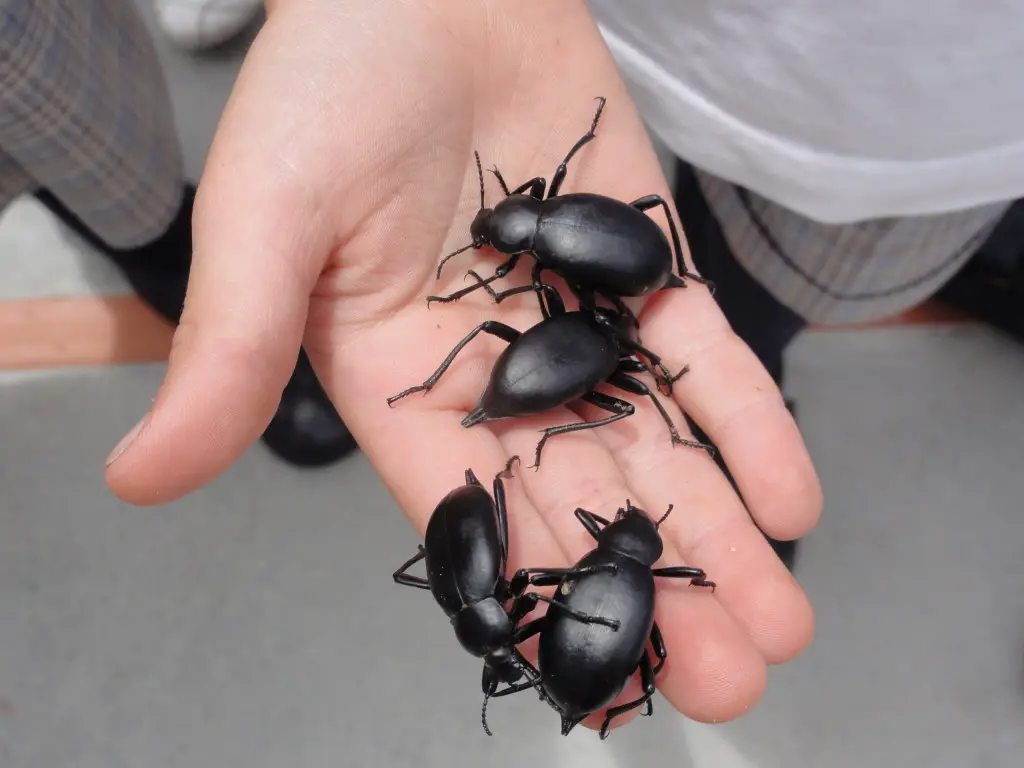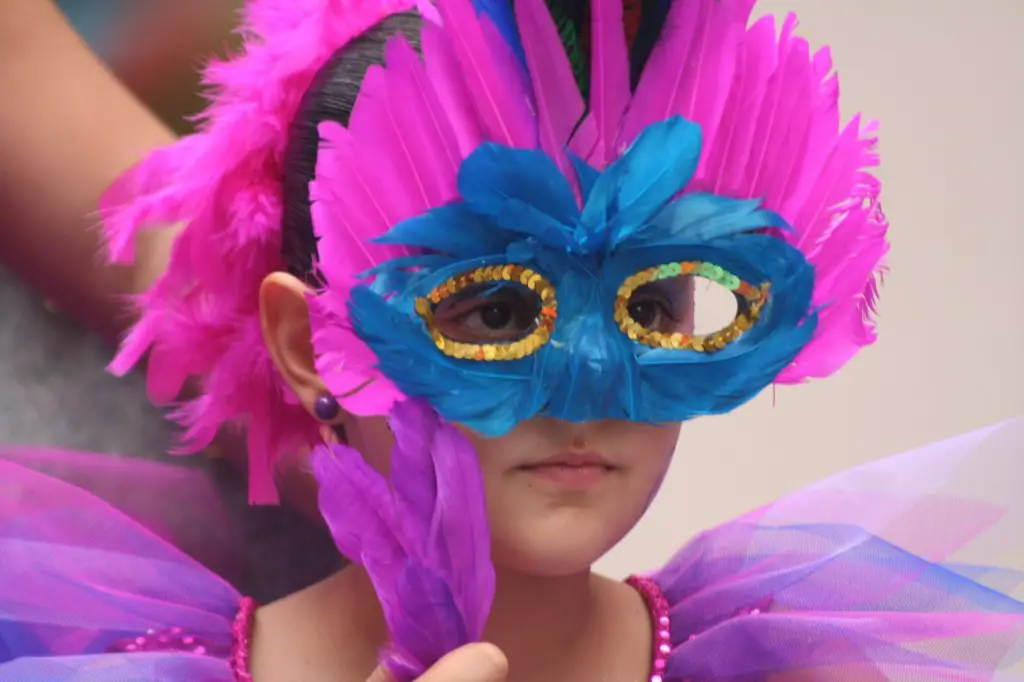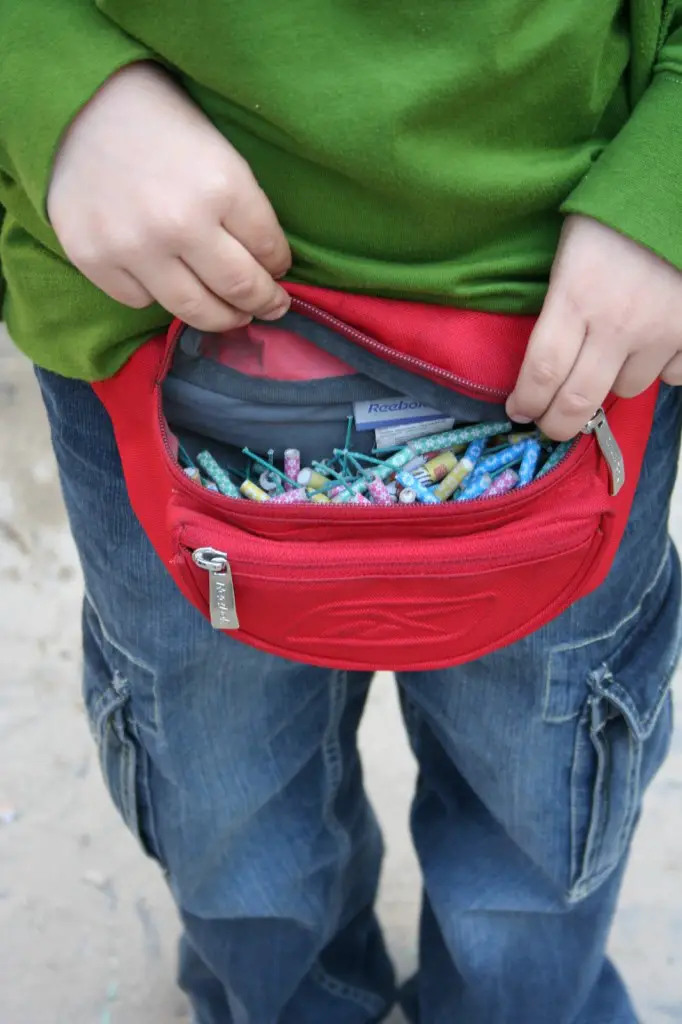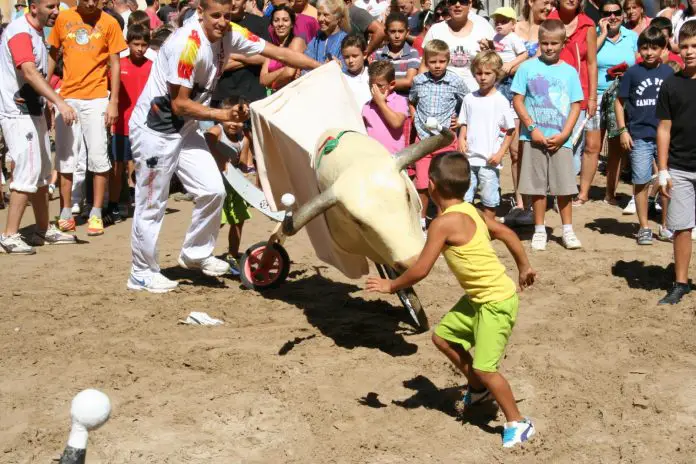After an absence of just over a month, due to my container ship trip, the League of Expat Writers is back! This week we feature Jeremy Dean, author of Zen Kyu Maestro: An English Teacher’s Spanish Adventure, the story of his first year teaching Spanish primary children in an ‘immersion’ school in Eastern Spain. He blogs about his continuing amazement that 6- and 7-year-old Spaniards pick up English faster than he can master español and produces resources for teachers of Spanish as an MFL. Here, he shares with LEW his first experiences in Spain.
Hola! I’m Jeremy and I teach Spanish primary children in an ‘immersion’ school. An ‘immersion’ school means you do all your schooling in a language which isn’t your mother tongue. It sounded a bit weird when I was interviewed for the job, but the head assured me I wouldn’t be ‘teaching English’, I’d be teaching ‘in English’, so as an experienced primary school teacher I signed up.
Initially, Spain was difficult I have to confess that my first few months in Spain were difficult. The head had said that the children in my class would be ‘fluent’ in English. At times I wondered if I’d misheard, and he’d said ‘effluent’.
The first register I took produced more sweat than an average squash match. I simply couldn’t pronounce the children’s names! Jaume? Jaime? Lledó? Daniel? Joan? The children soon taught me that Jaume had a ‘hard’ ‘j’ sound (as in the English word jowl) while Jaime has a ‘soft’ sound (similar to the English word high). Lledó on the other hand starts with a ‘y’ sound and ends with the stressed ‘o’ sound. (Yeah-doh!) Even Daniel tripped me up as it’s pronounced like an average English person would say the girl’s name, Danielle. And as for Joan? Well, again, Joan was a boy, but pronounced Jo-an, with the second syllable stressed. And stressed I was. But as well as showing me that my Spanish was going to need some improving, that first lesson taught me that the niños in my class were going to be a lot of fun. They had personality spurting from their pores in about the same quantities as I had sweat spurting from mine.
There was no air-conditioning in the classrooms, but I opened the windows at my peril. There was no guarantee that the air outside would be any cooler than it was inside, the squealing joy of a secondary basketball lesson was more than a slight distraction for my mob inside, and if it wasn’t, then the invading wasps would certainly be! We carried on with the windows tightly closed.

I discovered an inquisitive group of children though. Manuel found half-a-dozen giant beetles in the playground, and decided he’d bring them into class, a kind of impromptu ‘show and tell’. I’m not a great beetle fan myself, especially not loose in my classroom.
I soon found myself pushed into the role of ‘beetle collector’ as one by one they escaped from Manuel’s grasp and risked getting squished under the small feet trying to get away from them. The timetabled ‘show and tell’ lesson saw Jaume arrive with his dog. All went well until said dog decided it couldn’t wait to find a tree and we were all left to paddle in a puddle of piddle. At least I’d found three more ‘le’ endings for the week’s spelling list.
I’d be doing the children a disservice if I left you with the impression that all of the linguistic humour is provided by them. Oh no.
When the bell rings and it’s time for me to go home, then the population of my small town is often treated to a very unusual version of español. I once asked a waitress who’d brought me two bottles of beer (without bringing any glasses) for ‘dos besos’ (in place of the more correct ‘dos basos’). I thought she gave me a very funny look when she returned with the glasses and I only found out why when I retold the story to a Spanish-speaking friend. ‘Besos’ are kisses!
On another occasion I took my car in for the compulsory annual safety-test. In the UK you go for a cup of coffee and come back an hour or so later to see why it’s failed. (Well, that was always my experience.) So I tootled along to the local test centre, parked the car, opened the door- and a man with a clipboard started shouting at me in Spanish. Without understanding one word he said I was soon aware that un café con leche most certainly wasn’t on the menu and I spent the next thirty minutes flicking every switch and pumping every pedal in the hope that every now and again I might just do whatever it was he wanted me to do. Miraculously my car passed, although I fear that I failed!
I love the life here, it’s a real contrast to back home in the UK. The main thing that stands out is the ‘life in the street’ culture, whereby every generation seems to spend more time out of door than inside.
This is especially true in the summer months when our plaza is full of cycling niños, gossiping grannies and every age in-between until the very early hours. The streets and plazas are never surrendered to groups of sullen teenagers. On top of this is the Spanish love of a really good fiesta. Whether they’re religious processions or just an excuse to dress up in silly costumes (sometimes they’re indistinguishable) they seem to roll around at a frantic pace.

My favourite is Las Fallas in Valencia. Every March the streets are filled with three- or four-storey statues, usually mocking some aspect of life en España. On the night of the 19th the whole lot are burned and a week of firework madness comes to a crescendo. I say ‘firework madness’ for a good reason. I remember bumping into a chico from my class out in our plaza with his bumbag of pedardos (what I’d call ‘bangers’) strapped around his waist! I asked his dad (in faltering Spanish) if it wasn’t a bit dangerous. ‘Sí, sí!’ he replied, grabbing his son’s hand and showing me the scorch marks on his little fingers while sighing a, ‘He’ll learn,’ sigh.

The other fiesta which really caught my eye was the bull-running. I’m not talking about the famous San Fermin run in Pamplona, nor the numerous similar fiestas in small towns where you can seriously risk your health.
What made me smile was the ‘Bou per la vila’ (Bull in the town) team which trundle around the Valencian region bringing bulls-on-wheels to the party. When the adults have finished running away from real bulls, the children get a chance to run away from life-sized bulls, but on wheels and being pushed by the ‘Bou per la Vila’ team members.
It seems (to me) just about the most exciting thing you could get up to as a seven- or eight-year-old. (It also goes a long way towards explaining why the adult bull-running fiestas have survived into the twenty-first century despite the complaints of animal-rights groups.)
I find nearly every day teaches me more and more about Spain and the Spanish people. And to think…I came here to be the teacher.

